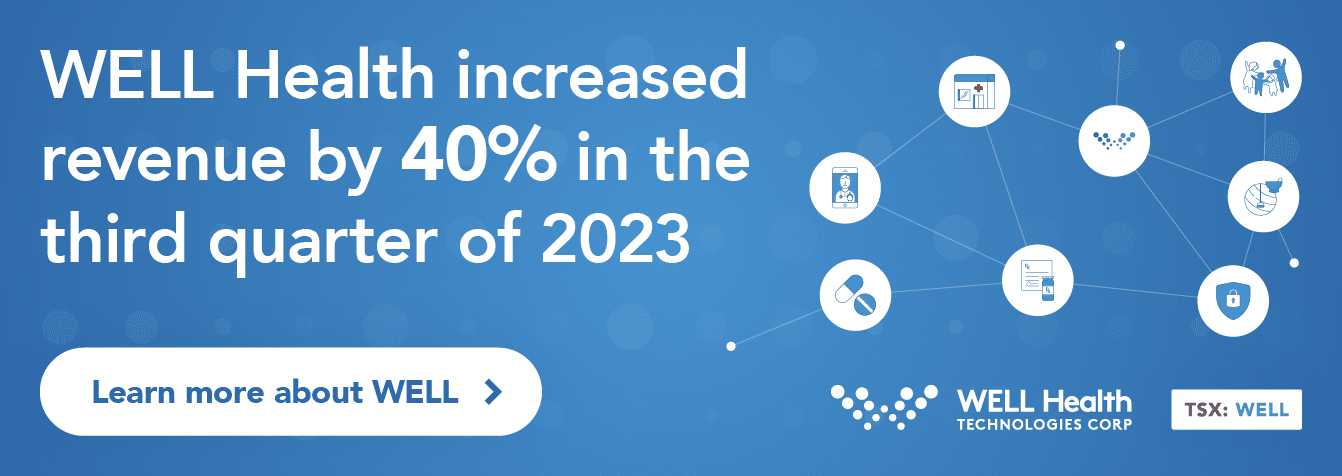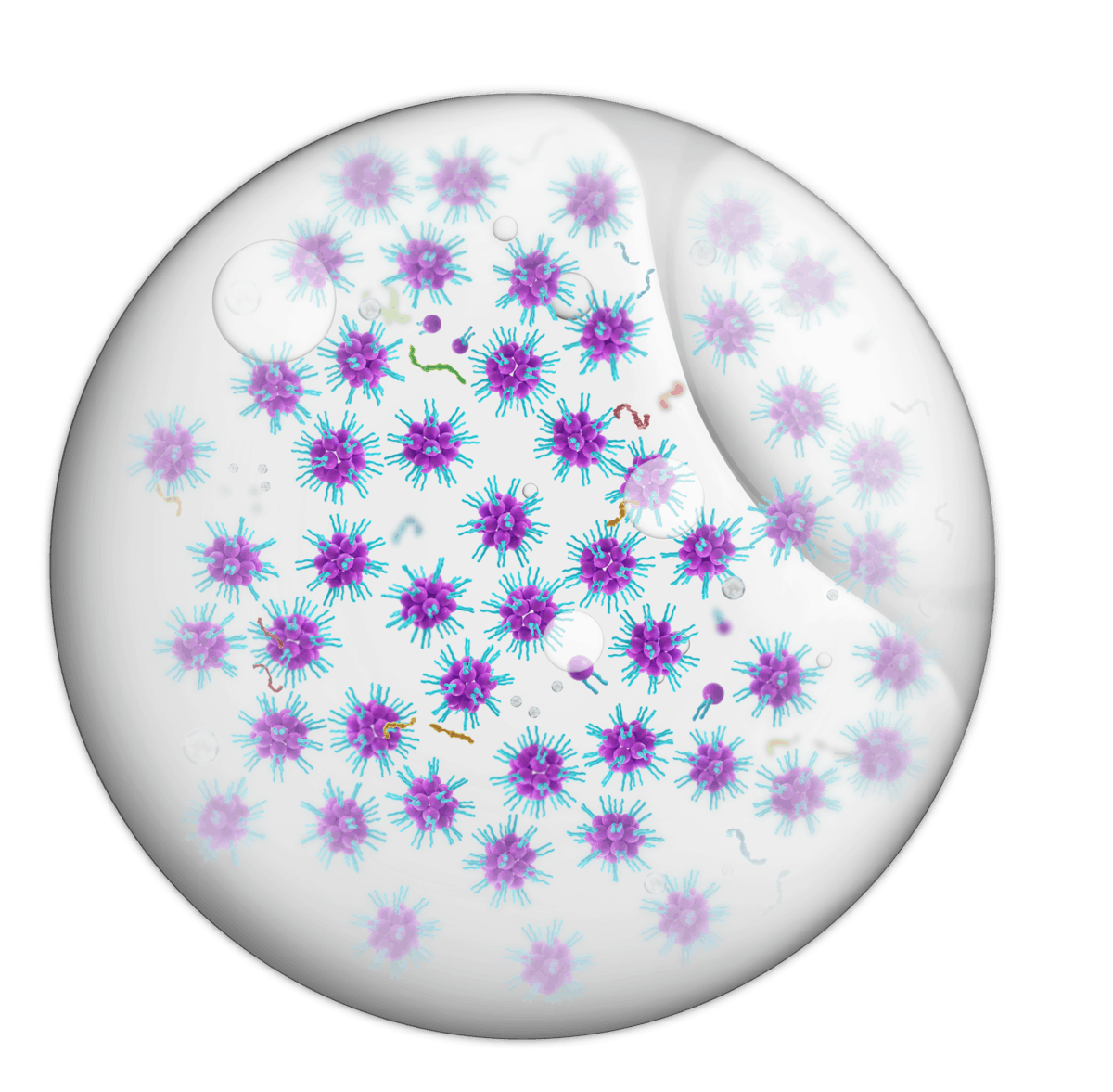
The news from Liberia, Sierra Leone, Guinea, Nigeria and now Senegal is not good.
The World Health Organization now believes the worst outbreak of Ebola ever, which has already killed more than 1500, could eventually infect as many as 20,000 people.
The crisis has sent governments worldwide scrambling for potential treatments. Earlier this month, B.C.-based Tekmira earned worldwide headlines after it announced that the FDA had verbally confirmed it had modified the full clinical hold placed on its TKM-Ebola treatment.
Now, a potential treatment from the other coast is gaining attention. A challenge study performed by the National Institute of Allergy and Infectious Diseases (NIAID) of the National Institutes of Health (NIH) showed National Institute of Allergy and Infectious Diseases (NIAID) of the National Institutes of Health (NIH) showed that cynomolgus monkeys, which are particularly sensitive to the Ebola virus, injected with Halifax-based Immunovaccine’s (TSXV:IMV) DepoVax treatment survived exposure to a lethal dose of the wild-type Zaire strain of the virus, while all unvaccinated control animals succumbed to the disease.
Cantech Letter caught up with Immunovaccine CEO, Dr. Marc Mansour.
Marc, you recently announced some data for a vaccine in the treatment of ebola infection. Clearly this is very topical given the crisis in West Africa. Can you talk about the study results and next steps for the product?
We formulated an Ebola vaccine in DepoVax, our proprietary vaccine formulation. After two doses of the vaccine, four cynomolgus macaques (monkeys) along with two control (unvaccinated) monkeys were given a lethal dose of Ebola virus. Within a week, the control animals died of Ebola virus infection, whereas all the DepoVax vaccinated monkeys survived and showed no signs of illness. This showed that the vaccine was highly efficacious in preventing and controlling virus infection. With these results in hand, NIAID of the NIH is interested in further studies which are now being planned. Immunovaccine is also exploring opportunities for a development program for an Ebola vaccine which could lead to a clinical trial in the future.
Do you have any other infectious disease vaccines in development?
We are developing in house a novel vaccine for respiratory syncytial virus (RSV) that we plan to bring into Phase I clinical trials soon. We also have been collaborating with the NIH on a single dose rapid response vaccine for anthrax.
When we think of vaccines we generally think of protective or preventative medicine. Should we be thinking about cancer vaccines the same way, as something that can prevent us from getting cancer, or do they work in a different way?
Cancer vaccines are generally designed to be used therapeutically, meaning after the patient has been diagnosed with cancer. Cancer vaccines are likely to work best in patients who have been treated with surgery or chemo and are in remission. The idea is to keep patients in remission or delay cancer progression. The best cancer vaccines are believed to activate a type of immunity known as cellular immunity. This is when killer cells of the immune system are trained to recognize a cancer signature (the vaccine target) so they can seek out cancer cells and kill them. This is very different from preventative vaccines that produce antibodies in the blood to help a subject ward off an invading disease.
What types of cancers are you targeting with your cancer vaccines?
Our cancer vaccines target multiple cancer types so the opportunities are very broad. In the case of DPX-Survivac, we target survivin, which is found in almost all solid tumors and many blood cancers. As a results, we are planning multiple phase 2 studies to test the vaccine in different cancer including ovarian cancer, brain cancer and lymphoma.
You recently announced a $5-million financing but ended up taking over $10-million. Where did all the extra demand come from?
The demand came from US and Canadian institutional investors. They were interested in both our oncology and infectious disease pipelines. They also viewed our collaborations as high caliber and validating of the technology.
How much runway does this financing give you?
Well into 2016.
What milestones should investors look for over the next 12-18 months?
We expect to initiate and complete phase 2 trials for DPX-Survivac as well as initiate and complete a phase 1 study with DPX-RSV. We also expect our collaborations with the NIH for Ebola and Anthrax and our collaboration with the Dana Farber Cancer Institute (cervical cancer/ head and neck cancer vaccine)to yield reportable results and events during this period.
Leave a Reply
You must be logged in to post a comment.






 Share
Share Tweet
Tweet Share
Share




Comment